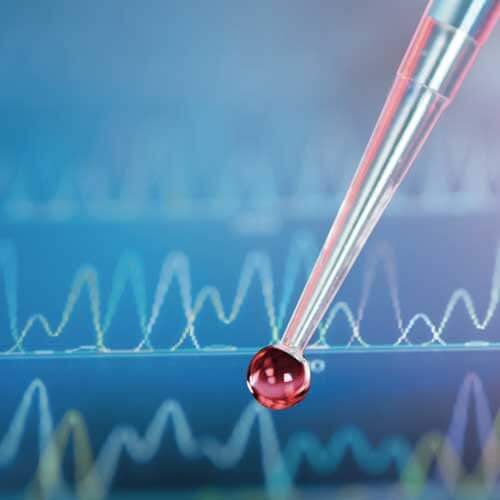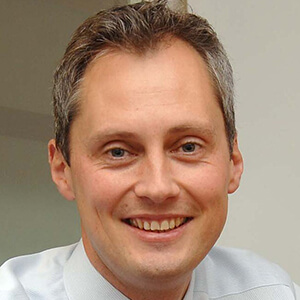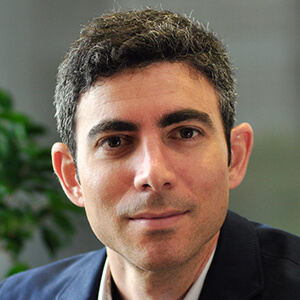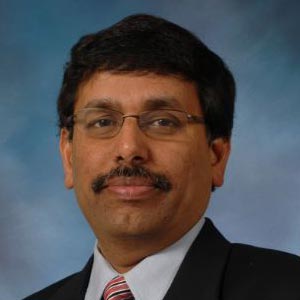Session Abstract – PMWC 2017 Silicon Valley
Session Synopsis: Recent technological advances have ushered in a new generation of non-invasive molecular applications making it feasible to reliably detect and quantify circulating tumor DNA (ctDNA). This session will review the current technologies being employed, discuss clinical applications of ctDNA and provide examples of using both quantitative and qualitative assessment of ctDNA in the clinical setting.
Session Chair Profile
Biography
As an accredited surgeon and proven leader in the biopharmaceutical industry, Clive brings a medical, academic and strong research and development perspective to Inivata, ensuring that the Inivata product line is directed to maximize potential patient benefit. He worked for over a decade in various key roles at AstraZeneca, where he oversaw R&D and medical affairs projects and groups on a global scale, was involved in R&D strategy, investor relations, and most recently led the major transformation of AstraZeneca’s UK strategic R&D sites and global HQ. Clive has extensive experience across all phases of drug development including seven marketed or close-to- market oncology products. He was also the founding Chief Executive of Health Innovation Manchester, an initiative to develop an innovation ecosystem combining industrial and academic sectors with the decentralization of £6bn per annum of health and social care services. He’s accredited as a Pharmaceutical Medicine specialist by the UK Royal College of Physicians, as well as holding an Executive MBA and Honorary Professorship of Translational Medicine at the University of Manchester.
Talk
The Future of ctDNA
What are some of the exciting areas in MRD, monitoring, stratification, etc. How can ctDNA transform cancer management?
Speaker Profile
Ph.D., Chief Scientific Officer, Inivata Ltd.
Biography
Nitzan trained in Physics and Systems Biology at the Weizmann Institute of Science. He joined Rosetta Genomics, where he was head of Computational Biology and led development of molecular diagnostic tests now offered commercially for clinical use. Since 2009 he is a group leader at the Cancer Research UK Cambridge Institute, University of Cambridge. His research group combines molecular technologies and genomic approaches to develop new diagnostic strategies. Their work on applications of circulating tumour DNA (ctDNA) for personalised cancer diagnostics led to the creation of Inivata Ltd, to bring the potential of ctDNA into clinical use. As co-founder and CSO of Inivata, he is responsible for managing the scientific and technology pipeline and overseeing research and development activities. Nitzan was awarded the CRUK Future Leaders in Cancer Research prize and the British Association for Cancer Research Translational Research Award (2013), and the Foulkes Medal (2015).
Talk
Targeted Deep Sequencing of Circulating Tumor DNA
ctDNA can support the clinical management of cancer patients. What are some methods for targeted deep sequencing of cell-free DNA? What are new platforms that have been optimized for high sensitivity detection of actionable and monitoring mutations in plasma, and validated for clinical use?
Speaker Profile
M.D., Director of Medical Oncology in the Division of Oncology, Professor of Medicine in the Department of Medicine at Washington University School of Medicine (WUSM)
Biography
Dr. Govindan received his medical degree from the University of Madras in India, and undertook internship and residency training in internal medicine at Michael Reese Hospital and Medical Center in Chicago. He completed his fellowship in hematology-oncology at WUSM and joined the faculty in 1998. He is interested in studying genomic alterations in lung cancer and translating these findings in the clinic. He has led several national and international clinical trials in lung cancer. He is the Principal Investigator for the NCI sponsored ALCHEMIST Trial to study the impact of targeted therapy in early stage lung cancer. He is the co-chair of the lung cancer working group for The Cancer Genome Atlas (TCGA) project funded by the National Cancer Institute (NCI) He is also the Principal Investigator of the NCI sponsored Paul Calabresi K12 Oncology Training Program and the R25 STRENGTH program at WUSM.
Talk
ctDNA in the Treatment of Lung Cancer- Opportunities and Challenges
With the introduction of molecular targeted therapies in a subset of patients with advanced non-small cell lung cancer, use of ctDNA assays are increasingly playing a crucial role in the clinical decision making process not just in the initial treatment but also to track the clonal evolution over time to select subsequent lines of therapy







